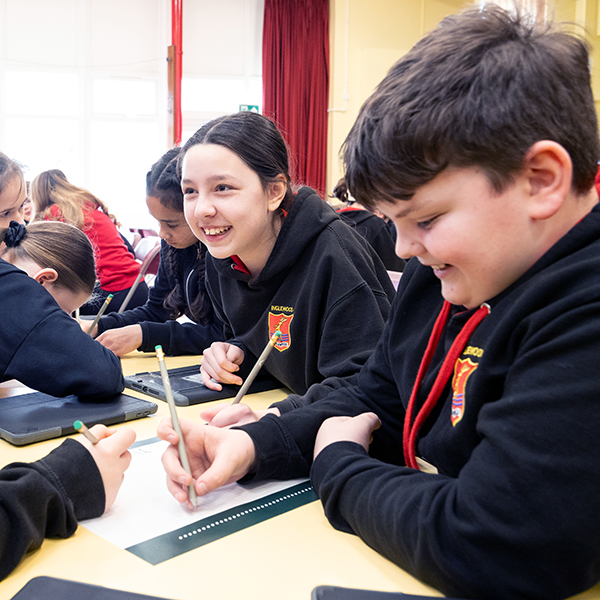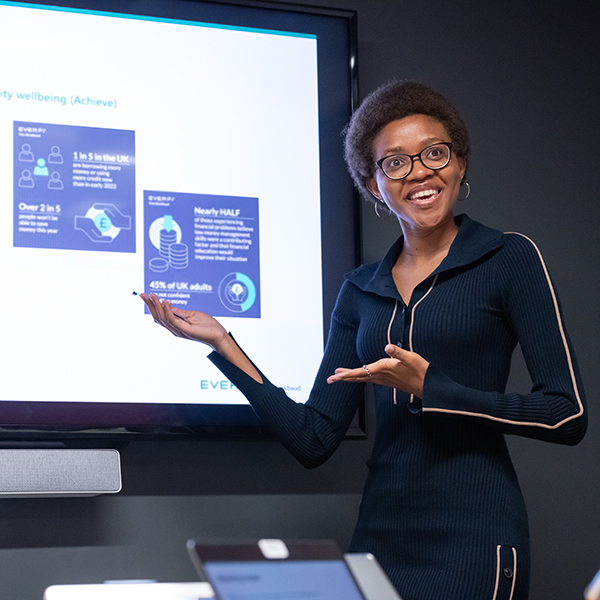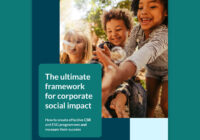3 programmes that deliver meaningful social impact
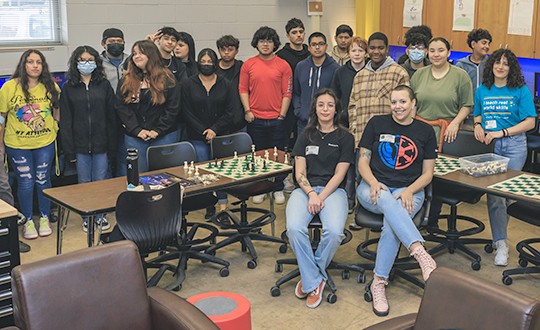
Employees, investors, and customers expect companies’ social impact programmes to make a significant and meaningful contribution to the community. The question is, how can you achieve maximum impact?
Here are three examples of projects we have worked on and that are making a real difference to their communities:
The Cumberland Building Society
The Cumberland is a purpose-driven financial services business engaged in supporting local communities in Northwest England. As part of their social impact strategy, they offer financial education to schoolchildren in the region, with the goal of helping them and their families make healthy financial decisions now and in the future.
The company believes that doing right by the next generation means coming together to solve tomorrow’s problems today:
‘Financial wellbeing in later life starts with having the right knowledge from a young age. In addition, by working with children we’re also affecting their families.’
– Nigel Taylor, Head of Marketing and Brand at The Cumberland
 They partnered with EVERFI to deliver the financial literacy programme Vault to children in 25 schools, free of charge. The course teaches secondary students about fiscal responsibility, money management, credit and borrowing, saving, and more. Through engaging lessons and gamified learning experiences, it helps young people develop key foundational skills and brings complex financial concepts to life.
They partnered with EVERFI to deliver the financial literacy programme Vault to children in 25 schools, free of charge. The course teaches secondary students about fiscal responsibility, money management, credit and borrowing, saving, and more. Through engaging lessons and gamified learning experiences, it helps young people develop key foundational skills and brings complex financial concepts to life.
The programme is addressing a real need in the community, with a teacher who signed up their class to participate stating:
‘In our area there are people in their early 20s who are massively in debt, and I think The Cumberland are aware of that and are trying to stop that from happening.’
– Teacher from the North West of England
Children who’ve taken the course have shared how their newly acquired knowledge is shaping their decisions: ‘It’s important to put stuff in your bank, so say if you’ve got money from your birthday you should maybe split it, some to go in your bank and some to save up’, says one student.
The Cumberland team was present at a workshop at Brampton Primary School, one of the first schools to run the course. Click to watch the programme in action:
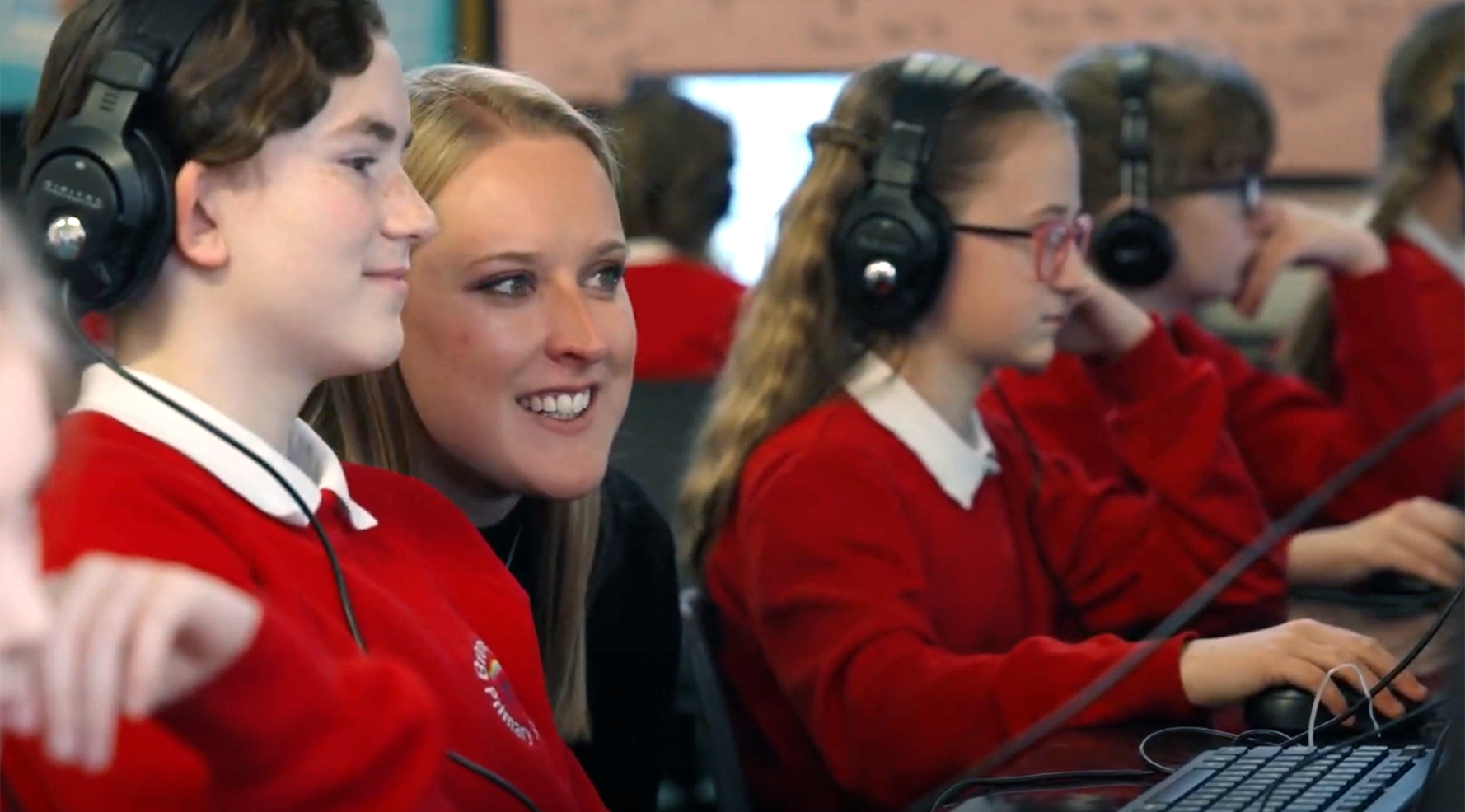
Electronic Arts
How do you inspire young people to work in the video games industry? While the attractions of this fun and creative sector might seem obvious, not everyone feels it offers a career path that’s right for them. EA set out to correct this by bridging the gap between schools and the gaming industry. They developed an educational programme designed to inspire a lifelong interest in computer science and show children from different backgrounds the various career paths available in this field.
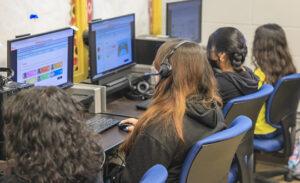
As part of EA’s Play to Learn programme, over 72 thousand 11-to-14-year-olds in UK and North American schools have participated in the digital Endeavour course, which builds core STEAM skills while helping students explore STEAM-based careers. The course covers today’s key scientific issues including recommendation algorithms, big data, and the future of design through fun, interactive lessons and activities. EVERFI also created an additional immersive simulation for EA that lets children experience how STEAM skills would be applied in a real-life Game Design team.
The programme has built-in measurement capabilities that enable EA to fully understand the impact it’s making, including data on student demographic, learning hours, knowledge gain, and behaviour change. The programme has seen a 95% increase in students’ knowledge of STEAM topics!
Aldermore Bank
Aldermore Bank identified a lack of financial literacy as a barrier to a better life and made it its goal to address that issue. The company set out to support young people in understanding the economy and personal finances. To that end, they have sponsored Aspire, an interactive financial education programme powered by EVERFI.
 The mobile-first course covers a wide range of topics, including current and savings accounts, creating a budget, and planning for retirement. Students learn about the economy holistically through different perspectives: as a consumer, an employee, an entrepreneur, or an employer, while understanding its relevance to their lives.
The mobile-first course covers a wide range of topics, including current and savings accounts, creating a budget, and planning for retirement. Students learn about the economy holistically through different perspectives: as a consumer, an employee, an entrepreneur, or an employer, while understanding its relevance to their lives.
In its first year, the course was offered to 25 schools in Cardiff and Greater Manchester, at no cost to schools or students. By working with schools, Aldermore is democratising access to financial education:
‘Your background shouldn’t determine your future but, for too many people in our society, it does. Providing access to financial education is one important tool to disrupt this pattern.’
– Steven Cooper, CEO of Aldermore
The programme resulted in 59% more students understanding about investment portfolios, with 80% of participants putting money into a savings account or planning to do so. The impact was particularly high among children whose parents didn’t graduate from university; they reported higher knowledge gains in areas such as investments and labour market fluctuations.
Students reported a significant effect in their lives: ‘It was the closest thing school has ever taught us about how to spend our money wisely’, says a Year 9 participant. They have also started spreading the message at home:
‘I spoke to my little sister about it. She spends her money really badly, so I told her that she was going to end up with no money left.’
– Student participant
Watch this quick video for a peek of the programme in action at Beaumont Collegiate Academy secondary school:

Want to discuss the S in your ESG?
Our team knows how to deliver meaningful social impact.
Stay Informed
Best practices, the latest research, and insights from our expert network of partners, delivered right to your inbox.
Success!Thank you for signing up. We'll be in touch with more relevant content.


